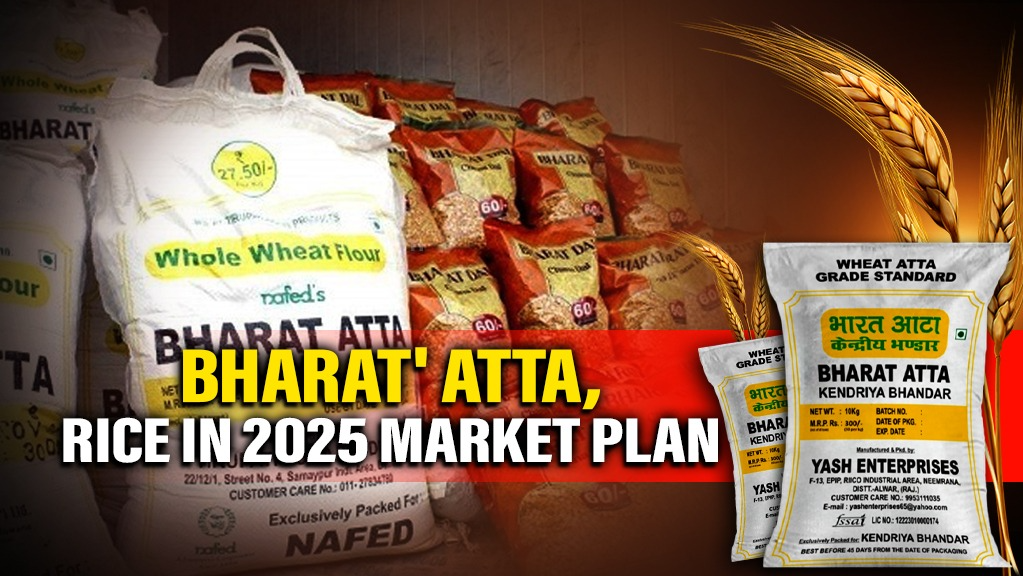

The central government has announced its strategy to sell wheat, rice, and coarse grains from its reserves under the Open Market Sale Scheme (OMSS) for the 2025-26 fiscal year. This move is a key part of the government's efforts to manage its substantial food grain surplus, control inflation by stabilizing market prices, and ensure the availability of affordable staples for consumers, particularly ahead of the festive season.
The policy carefully balances the needs of different sectors, from private traders and cooperative institutions to the burgeoning ethanol industry, while ensuring the Public Distribution System (PDS) remains unaffected.
Bolstered by a record wheat production of 117.5 million tonnes and a procurement of 30 million tonnes this season, the government's stocks are comfortably above the required buffer norms. The Food Corporation of India (FCI) currently holds about 35.2 million tonnes of wheat against a July 1 buffer requirement of 27.58 million tonnes.
To manage this surplus, the government has set the reserve price for wheat sold under OMSS at ₹2,550 per quintal. This price is slightly above the Minimum Support Price (MSP) of ₹2,425 per quintal and does not include transportation costs. The sale, which is expected to begin in August and release an estimated 4-5 million tonnes in phases, will be open to private traders as well as cooperative institutions like NAFED, NCCF, and Kendriya Bhandar.
A central component of this initiative is the promotion of "Bharat" brand flour. The designated cooperative institutions will procure wheat through the OMSS to produce and sell this subsidized flour through their retail outlets and mobile vans, making it accessible to a wider population. However, the ministry has clarified that private millers will not be permitted to sell products under the 'Bharat' brand name.
The government's rice policy under OMSS serves a dual purpose: ensuring food availability and supporting the nation's biofuel targets. A significant allocation of 5.2 million tonnes of rice has been earmarked for sale to ethanol distilleries. The reserve price for this rice is set at ₹2,250 per quintal until October 31, after which it will increase to ₹2,320 per quintal. The government has directed that older or broken rice should be prioritized for ethanol production.
For direct consumption, the government will continue to support the sale of "Bharat" brand rice through the same cooperative channels. The reserve price for this rice is set at ₹2,480 per quintal from November 1. State governments and community kitchens can also procure rice at a lower reserve price of ₹2,320 per quintal.
The OMSS also includes provisions for the sale of broken rice, with reserve prices set according to quality. This comprehensive approach ensures that different grades of rice are utilized effectively across various sectors.
By strategically releasing its surplus stocks into the open market, the government aims to create a stabilizing effect on food prices, preventing sharp increases during periods of high demand. This proactive measure is designed to provide relief to consumers while efficiently managing the nation's record grain reserves.